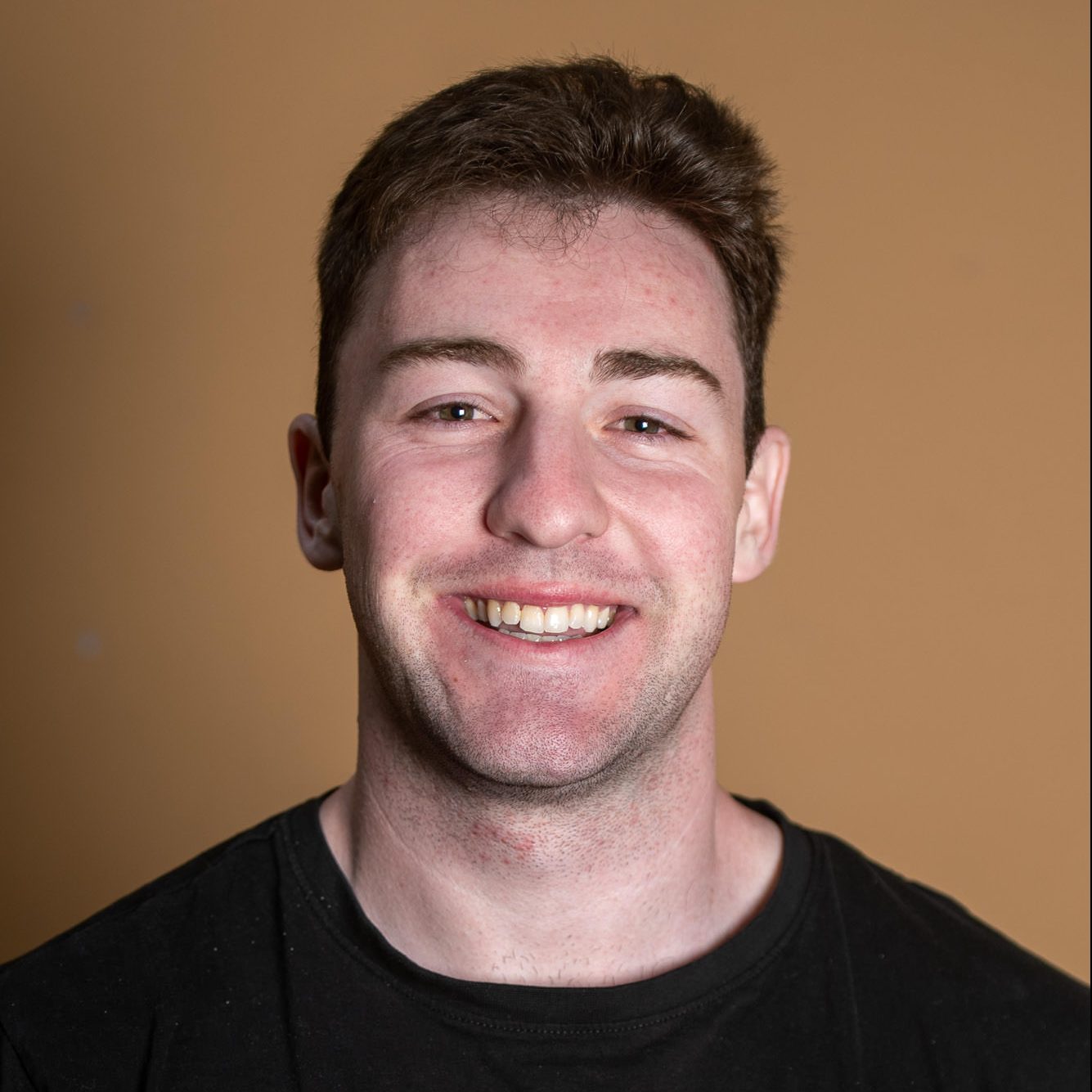
Sam Davis
The University of Queensland
I’m a third year PhD candidate at UQ under the supervision of Professor Mikael Boden. Prior to beginning my Honours research (also in the Boden lab), I had a background in both maths and biochemistry. My research is concerned with how protein function evolves, and I’m particularly interested in developing new methods to trace the evolutionary history of proteins back into the ancient past. In doing so, we can identify key features of proteins’ sequence and structure which are important for functional evolution and even use this knowledge to engineer new biocatalysts for various applications.
Can you describe the area of mathematics or bioinformatics you’re focusing on, and what you hope to achieve through your research?
I’m working on novel approaches for analysing the evolution of protein families. Essentially, I use probabilistic models to predict how proteins behaved in the evolutionary past and develop algorithms to pinpoint parts of the protein which contribute to specific functional properties.
What inspired you to pursue a career in bioinformatics or the mathematical sciences?
After an undergrad that contained a combination of maths and biochemistry, I was interested in working in an area where I could combine these fields. After taking a course lectured by my now-supervisor in my final semester, I took a strong interest in bioinformatics and haven’t looked back.
If you could give advice to your younger self, what would it be?
While you’ll inevitably specialise in specific topics, maintain a baseline knowledge within your field more generally – this makes it much easier to pick up new skills and collaborate across multi-disciplinary projects.
How was your AMSI BioInfoSummer experience?
This was my second AMSI BioInfoSummer and I was excited for the opportunity to attend again after a great experience in 2022. The program of talks and workshops exposes you to a broad range of topics across bioinformatics and mathematical modelling. Additionally, there are some great opportunities for networking with fellow attendees, in addition to established bioinformaticians across academia and industry.
You received an AMSI BioInfoSummer travel grant to attend in person. How did this grant impact your ability to participate fully?
The travel grant was very helpful in allowing me to attend BioInfoSummer. Accommodation was covered and organised for us, which was especially helpful in making the trip to Melbourne stress-free.
What was the most valuable experience or takeaway from AMSI BioInfoSummer?
The talks and workshop on whole-cell modelling were particularly enjoyable. While it isn’t generally a topic I interact with in my work, it was great to hear about state-of-the-art approaches from researchers at the forefront of the field.
In addition, the networking event was a fantastic opportunity to engage with bioinformatics leaders across academia and industry and learn about a diverse range of career pathways.
Where do you see your journey in mathematical sciences taking you in the next 5–10 years?
I’ll be starting a postdoc after the completion of my PhD in 2025. While my research focus will remain in protein evolution and engineering in the short-term, I’m encouraged by the vast array of career options available, many of which were highlighted at BioInfoSummer.
